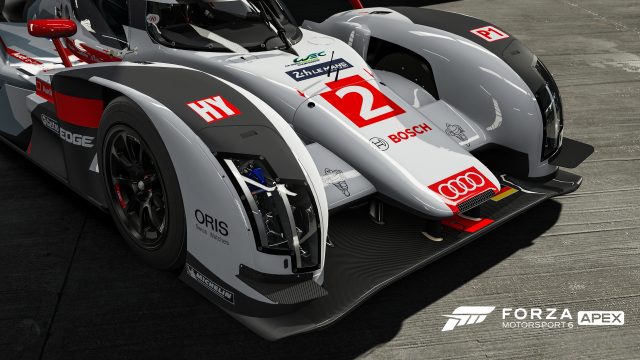
We’ve noted a few times recently how the impending launch of Scorpio is making the Xbox ecosystem look more and more like the tiered PC gaming space. A couple of Microsoft’s first-party developers made that connection more explicit recently, telling Gamasutra that making games for the Scorpio is very similar to the multiple hardware targets seen in PC game development.
Forza developer Turn 10 got a head start on this process by developing Forza Motorsport 6 Apex, a 4K-capable slice of the larger game made for the PC. Making that version of the game forced Turn 10 to “start dealing with all of the wheels that were there for scaling across different PC specs,” studio software architect Chris Tector told Gamasutra.
“And that included things like kind of revamping our authoring process so that we now were capable of creating and building and packaging 4K assets, and delivering them in the way that we wanted to, so we could still deliver car packs like we’ve always done.” Tector said. He added that moving to Direct3D 12 helped streamline the company’s production pipeline and “submission efficiency” greatly when it came to these higher quality art assets.
Mike Raynor, technical director for Gears of War maker The Coalition, echoed Turn 10’s focus on “making sure your engine is scalable so that you can take advantage of these different performance profiles. And author your content at a native art resolution that allows you to scale and take advantage of that. So for us, we authored all of our content at 4K from the get-go, knowing that we weren’t going to use all of that on necessarily all devices. Certainly not on our PC min-spec.”
For developers that are already targeting high-end PCs, porting those assets to work with Scorpio sounds like a simple process. Tector said getting a 4K, 60fps Forza from the PC to a very janky early Scorpio dev kit took a single person just two days of development time.
The full piece on Gamasutra is well worth a look for more on the new challenges console developers are facing with Xbox Scorpio and how PC development practices can help inform them.
[“Source-arstechnica”]










